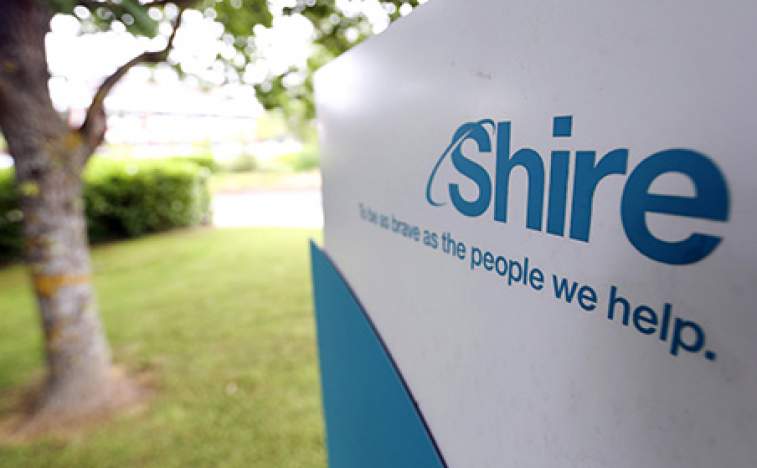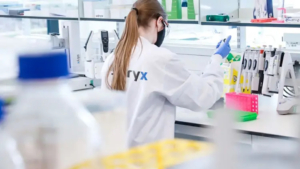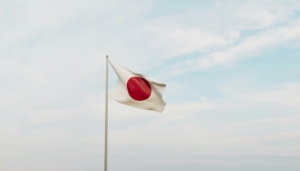
FDA greenlights Shire’s HAE mAB Takhzyro
Orphan drug leader Shire plc (Dublin), has received the FDA's approval for its antibody lanadelumab-flyo, which prevents hereditary angioedema (HAE) attacks.
The antibody, baged by Shire in 2016 by the US$ 6.5bn Dyax buy out, targets the plasma protein kallikrein, which leads to type I-III HAE by activation of bradykinin.
Hereditary angioedema is a disorder, which results in severe swellings of organs and tissue and is caused by different heritable genetic defects. Its three forms affect one in 50.000 people. The most common form, type 1-HAE, which makes 80-85% of all cases, is triggered by a deficiency in C1 esterase, which results the formation of proinflammatory anaphylatoxins that enhance vascuar permeability. In Type II HAE, which makes about 15-20% of cases, C1 esterease is not fully functional and thus is not capable to suppress activation of the complement system but it triggersa less pronounced phenotype than HAE type I. In both forms C1 inhibitor deficiency causes dysregulation of the plasma bradykinin-forming cascade with overproduction of bradykinin due to uninhibited effects of activated factor XII and plasma kallikrein. The exact mechanism of type III HAE is still under investigation.
Ex-Dyax shareholders will receive a contingent value right of US$4 in cash per Dyax share worth US$646m in total for the drug’s authorization. FDA approval is based on data showing that two 300mg autoinjector doses of lanadelumab-flyo per month reduced HAE attacks by 87% vs placebo. Furthermore, 77% had zero attacks.
Analysts expect the drug will achieve up to US$1.3 billion in peak sales. The FDA accelerated market approval is good for Takeda, which has been under pressure of of its Shire takeover deal that will be completed in 2019.


 Sitryx Therapeutics
Sitryx Therapeutics
